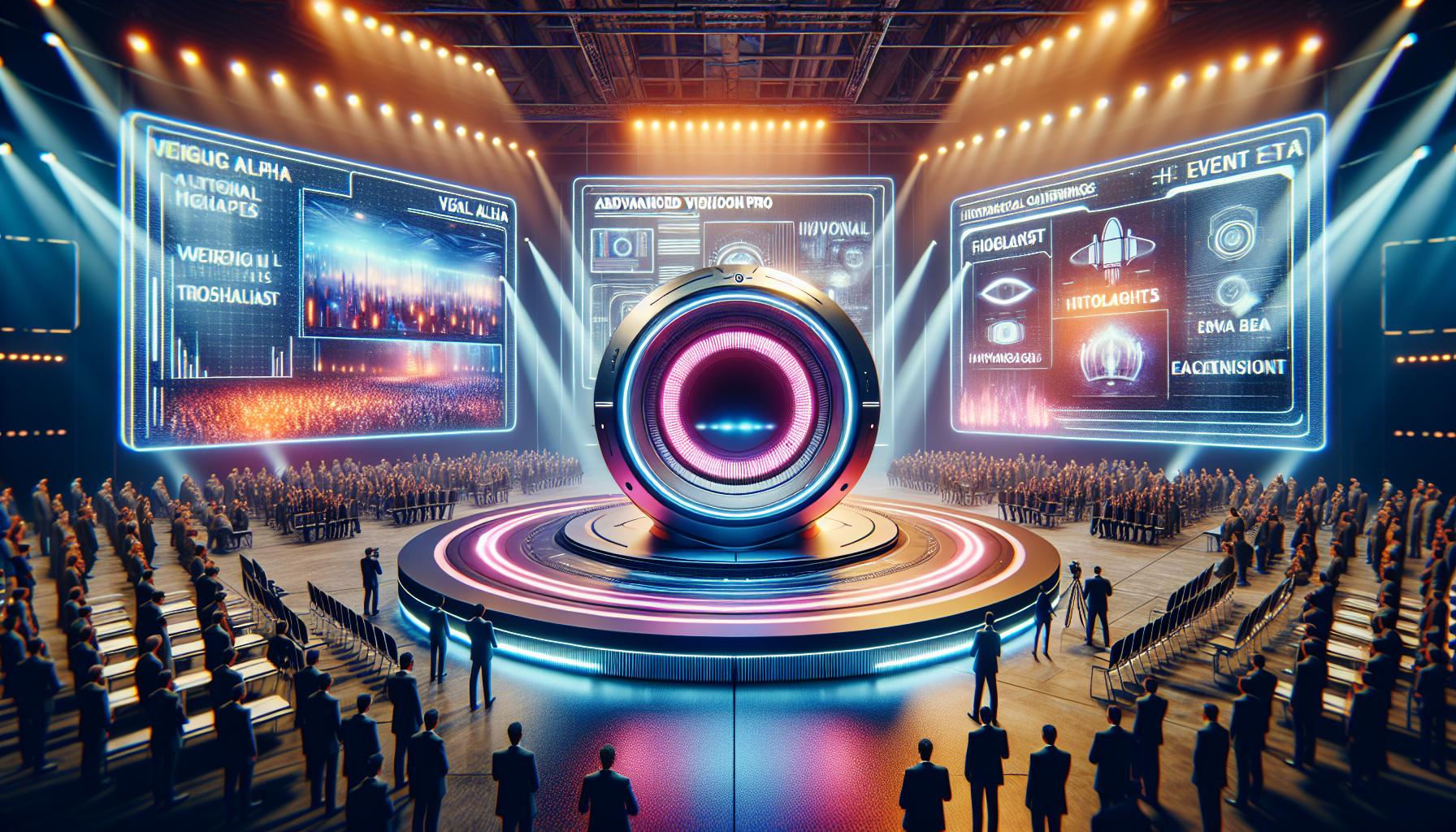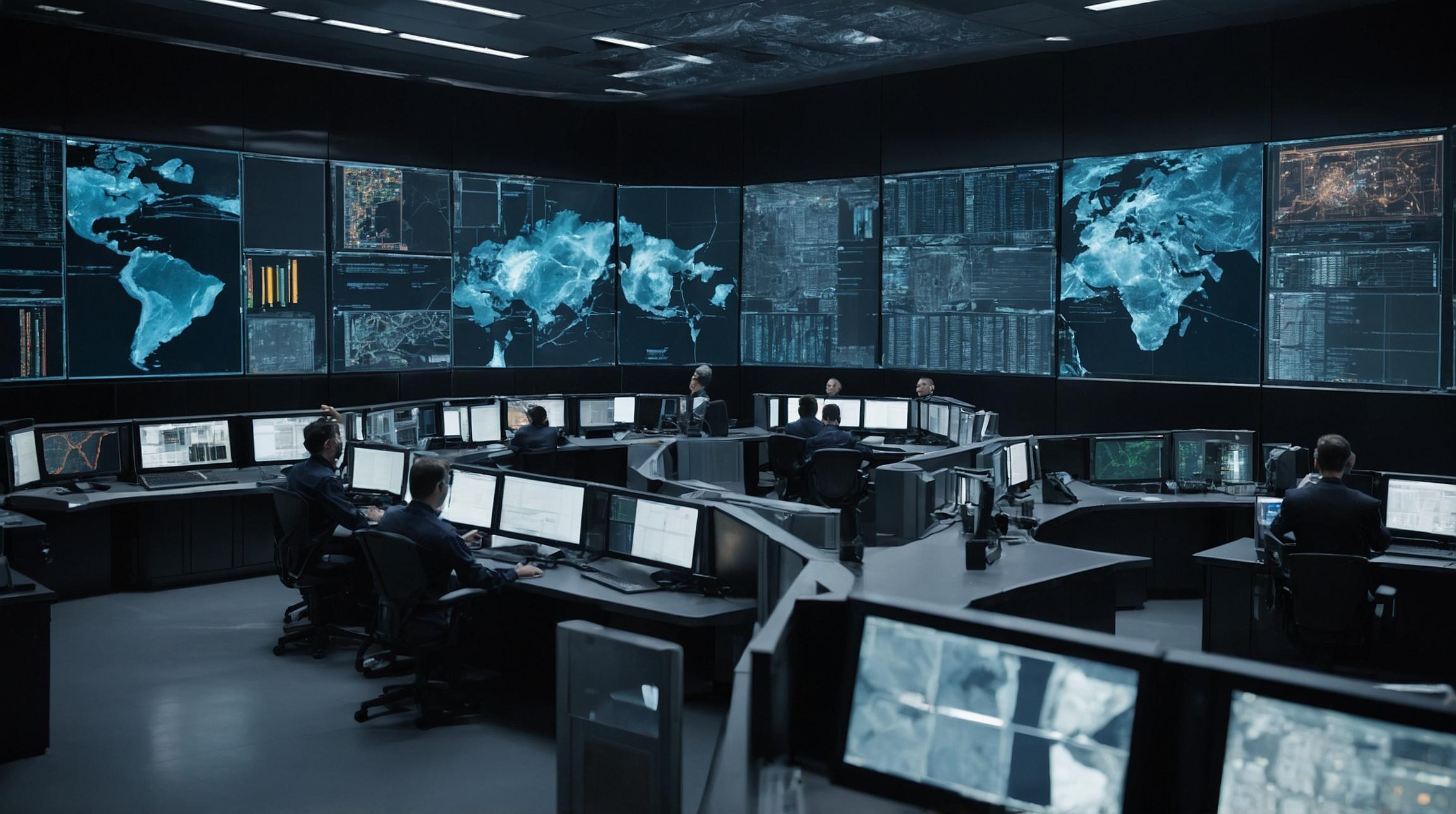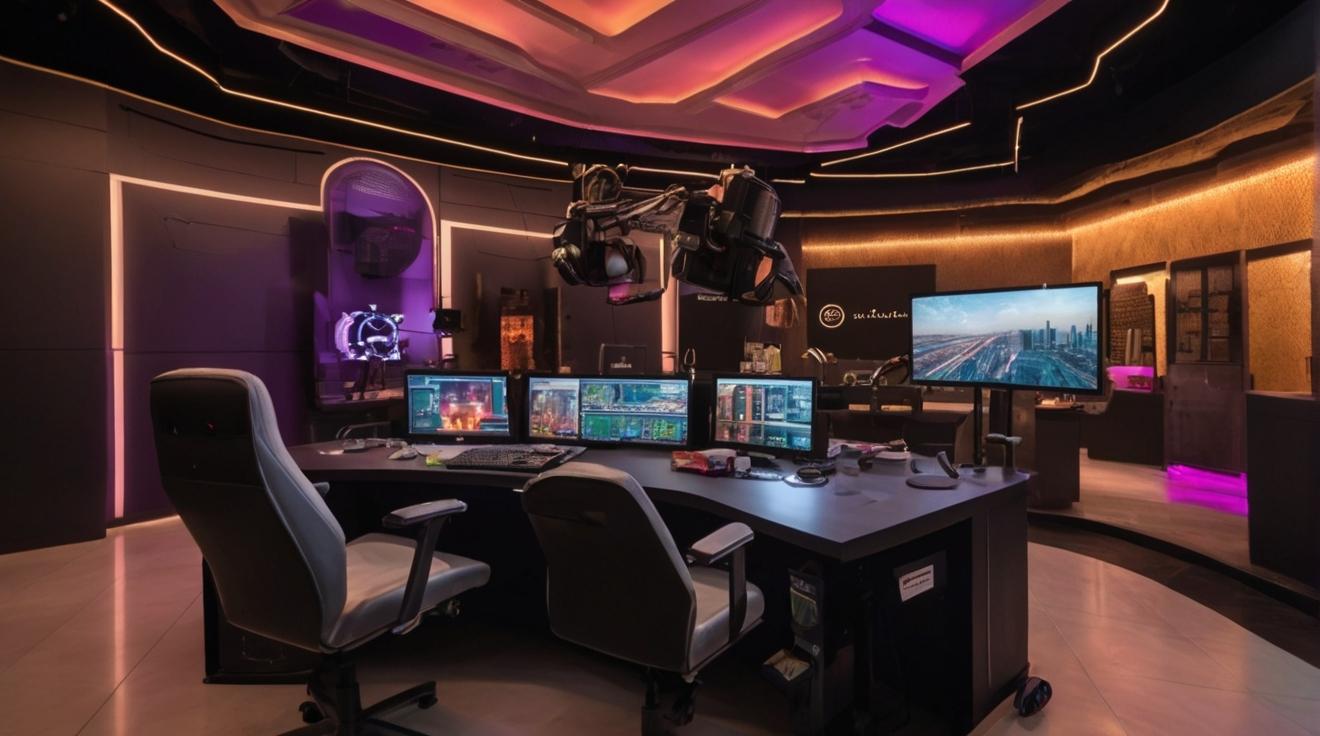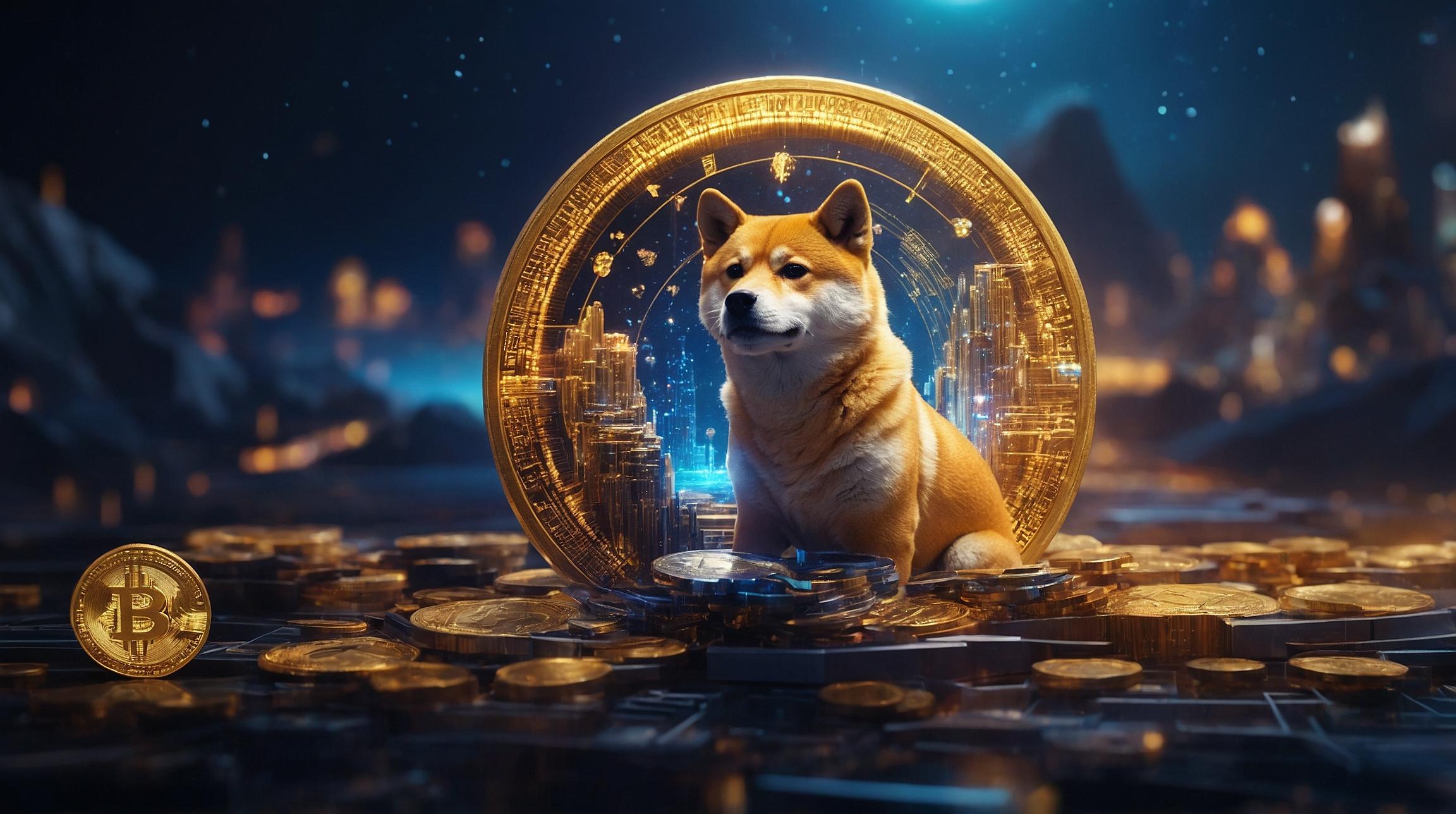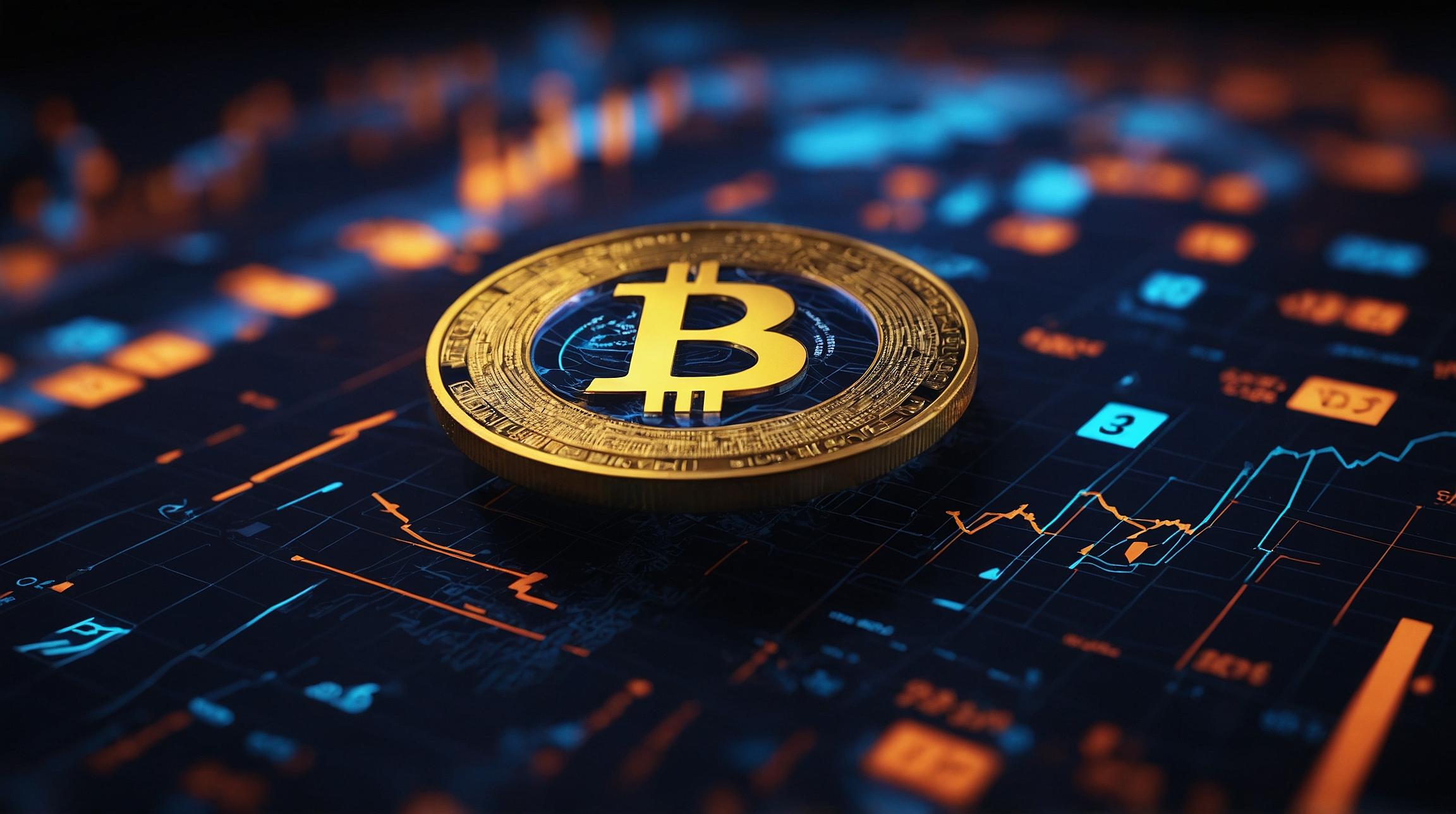Unprecedented Format: Analyzing the Unconventional 2020 DNC and RNC
The year 2020 will be remembered for a variety of reasons, and the political conventions held by the Democratic National Convention (DNC) and the Republican National Convention (RNC) were certainly no exception. These traditionally lively and bustling events were forced to adapt to the realities of the ongoing pandemic, resulting in an unprecedented format for both gatherings.
Pivoting to Virtual: Exploring the Virtual Landscape of 2020’s Political Conventions
In an effort to ensure the health and safety of attendees, organizers decided to pivot the 2020 DNC and RNC to a virtual format. This transformed the conventions into full-fledged productions, complete with remote speeches, pre-recorded videos, and live-streamed events. The move to a virtual landscape allowed for a wider range of speakers, as individuals from across the country could participate without the need for travel. However, it also posed challenges in terms of creating an engaging and interactive experience for viewers.
Messaging in a Pandemic: How the DNC and RNC Adapted to the Challenges of 2020
The COVID-19 pandemic presented numerous challenges for the DNC and RNC when it came to messaging. Both parties had to find ways to address the pressing issues of the moment while still conveying their core values and policy proposals. The DNC focused heavily on the pandemic, highlighting the need for strong leadership and a science-based approach to combating the virus. The RNC, on the other hand, emphasized the need to reopen the economy and preserve law and order. In both cases, the conventions served as platforms to rally their bases and energize supporters during this critical election year.
Altered Atmosphere: Assessing the Impact of Empty Convention Halls on the 2020 DNC and RNC
One of the most noticeable differences between the 2020 DNC and RNC and their predecessors was the absence of cheering crowds and delegates in convention halls. The empty spaces created an entirely different atmosphere, devoid of the excitement and energy typically associated with these events. Without a live audience to feed off of, speakers had to adapt their delivery styles, relying on prerecorded applause and video screens displaying virtual attendees. The result was a more intimate and controlled environment, but one that lacked the spontaneity and fervor of previous conventions.
Bridging the Digital Divide: Examining the Technological Innovations of the 2020 Political Conventions
The shift to a virtual format necessitated technological innovations to ensure a seamless experience for viewers. From cutting-edge video production to interactive features, the 2020 DNC and RNC pushed the boundaries of digital communication. Incorporating live video feeds, split screens, and on-screen graphics, organizers aimed to replicate the feel of a traditional convention and engage viewers from the comfort of their own homes. Social media platforms also played a crucial role, providing opportunities for real-time commentary and interaction. These technological advancements not only served as a means to adapt to the circumstances but also provided valuable insights into the future of political conventions in a digital age.
In conclusion, the 2020 DNC and RNC stood out as unique events in the history of American political conventions. The virtual format presented both challenges and opportunities, allowing for a wider range of speakers but lacking the electrifying atmosphere of live gatherings. With the use of innovative technology and a focus on messaging tailored to the pandemic, both conventions successfully navigated the unprecedented circumstances. As the influence of technology continues to grow, the 2020 conventions may serve as a turning point in the way political conventions are conducted in the future.
Analyst comment
Neutral news. The market may see a short-term impact as technology companies and streaming services benefit from the virtual format. However, the absence of in-person events may lead to less economic activity in host cities. The long-term effects on the market are uncertain, as the future of political conventions may be shaped by the innovations of the 2020 DNC and RNC.





